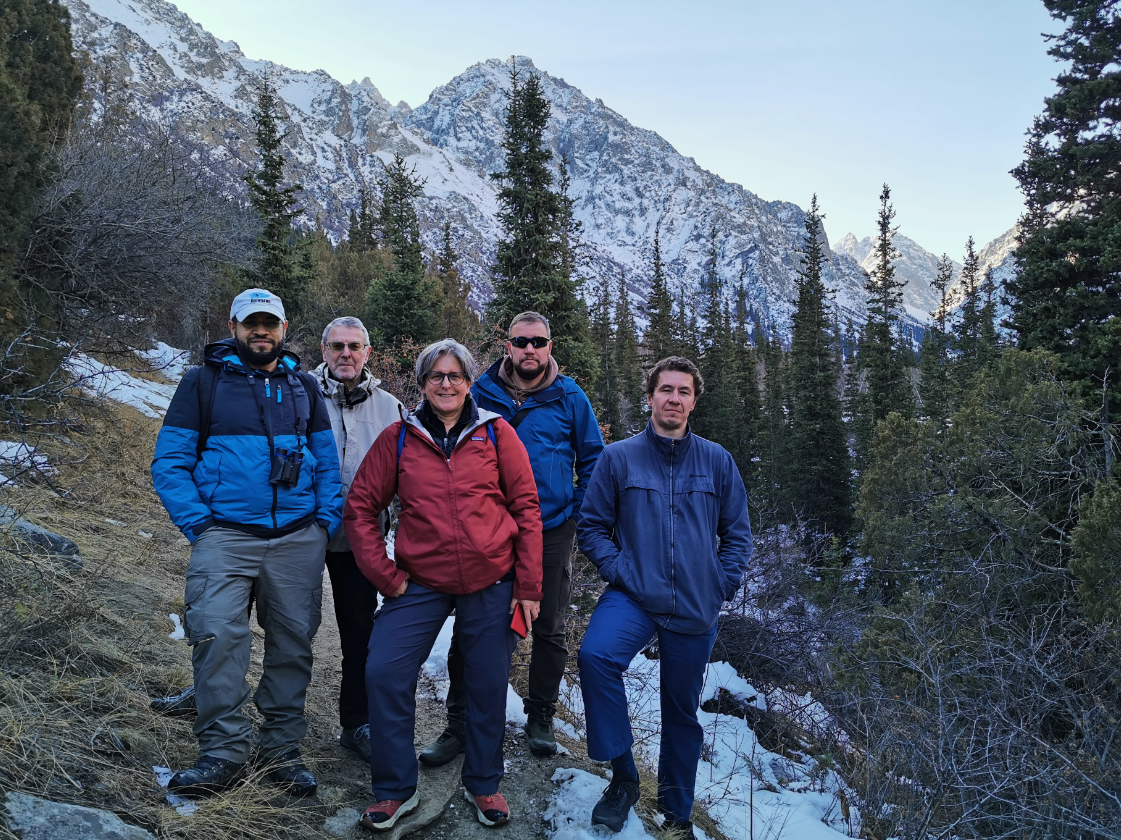
(Seventh Steering Committee Meeting of the Global Snow Leopard and Ecosystem Protection (GSLEP) Program 20-21OCTOBER, BISHKEK, KYRGYZREPUBLIC.)
The Seventh Organizing Committee for the conservation of the snow leopard and the ecosystems in which it lives was held in Bishkek, Kyrgyzstan. The meeting was organized by the Ministry of Natural Resources and Ecology of the Kyrgyz Republic, the GSLEP Secretariat, the Snow Leopard Trust, the UNEP program, the World Wildlife Fund and the UNDP program (Snow Leopard Trust (SLT), United Nations Environment Program (UNEP), World Fund for Nature , Peace Nexus Foundation, United Nations Development Program (UNDP)).
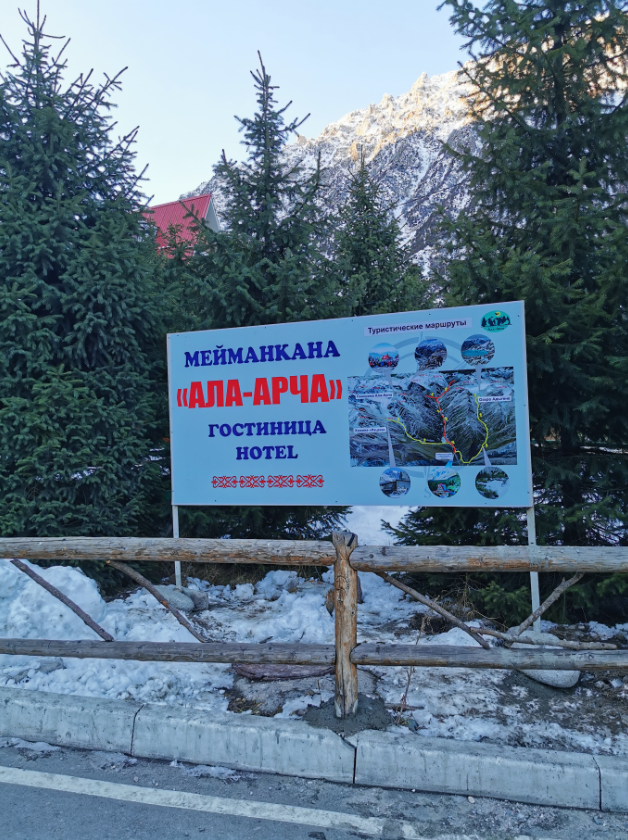
The meeting was held on October 20-22, 2022. Its main purpose was to jointly review the work on the conservation of the snow leopard, carried out by various countries, and to determine future priority actions to preserve the ecosystems of higher regions of Asia and improve the well-being of the people living there. The problems of innovative financing of nature conservation through development activities and its conservation at the level of local communities were also discussed. The last day of the meeting was devoted to excursions to the mountainous national parks of Kyrgyzstan.
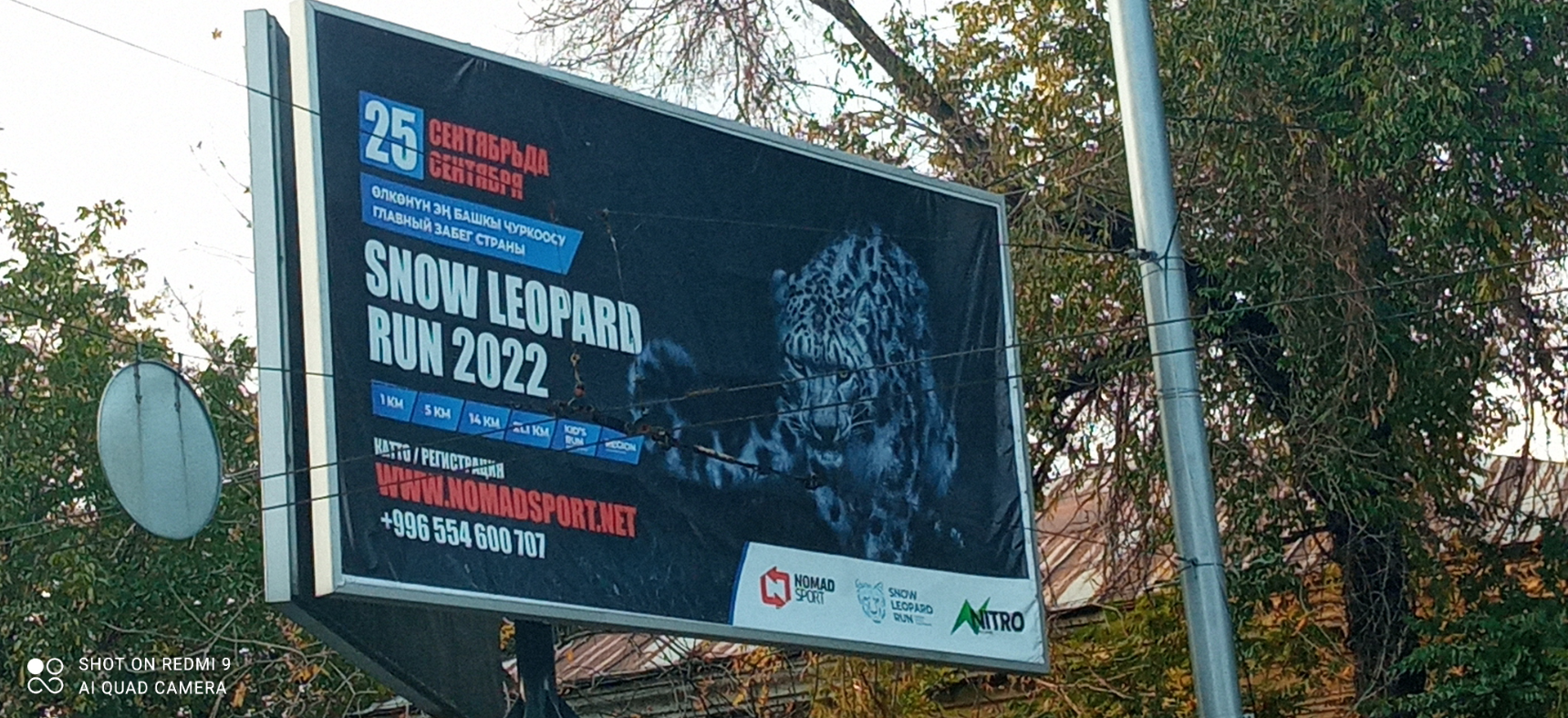
At the grand opening of the meeting, speeches were held by the Minister of Natural Resources and Ecology of Kyrgyzstan and the administrative officials of the countries of the snow leopard range. Of the 12 countries of the snow leopard range, 10 official delegations attended the meeting (the delegations of Afghanistan and Tajikistan were absent). The official delegation of Russia was headed by A.M. Amirkhanov. Russia was represented by experts from IEE RAS and World Fund for Nature. From IEE RAS, the head of the Laboratory of Behavior and Behavioral Ecology of Mammals, Academician V.V. Rozhnov and senior researcher of the same laboratory A.D. Poyarkov, who study the snow leopard as part of the Program for the Study and Monitoring of the Snow Leopard (Irbis) in Southern Siberia, a project of the permanent expedition of the Russian Academy of Sciences, which is supported by the Russian Geographical Society.
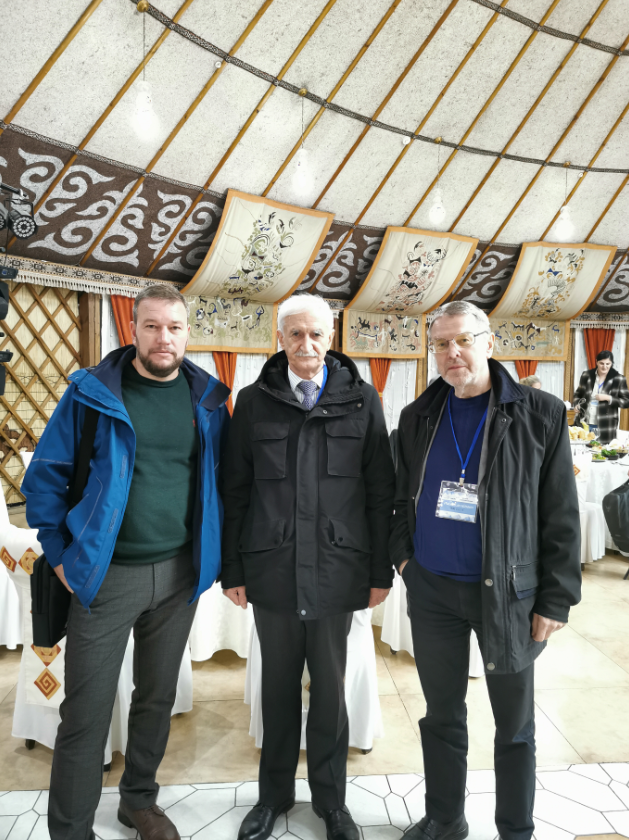
After the opening part, reports were heard on the state of populations, protection and monitoring of the snow leopard of all countries participating in the conference. Much attention was paid to the role of local communities living in the snow leopard ecosystems, and algorithms for involving local communities in the protection of the snow leopard and mountain ecosystems.
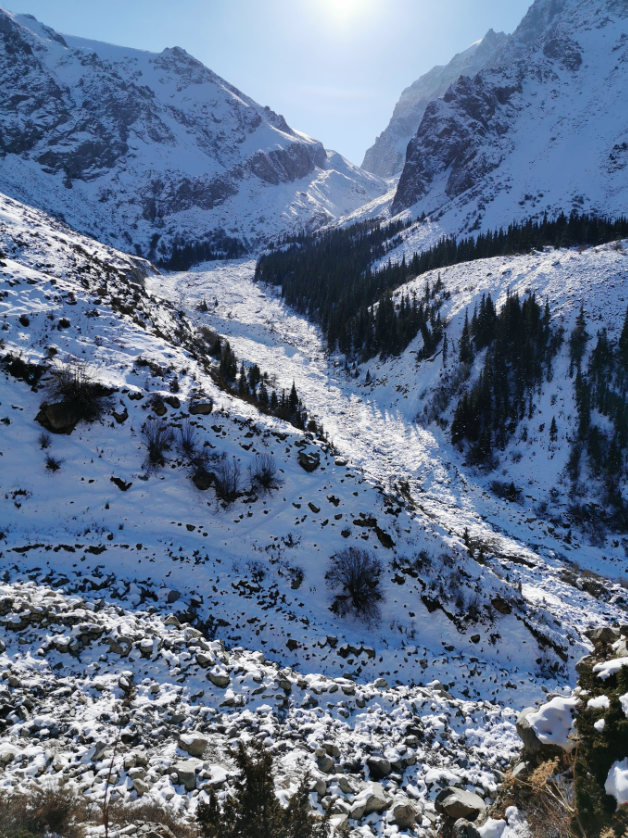
The second day of the conference was devoted to discussing the impact of linear structures on mountain ecosystems and the possibility of attracting additional funding to reduce the negative impact of anthropogenic infrastructure on wildlife.
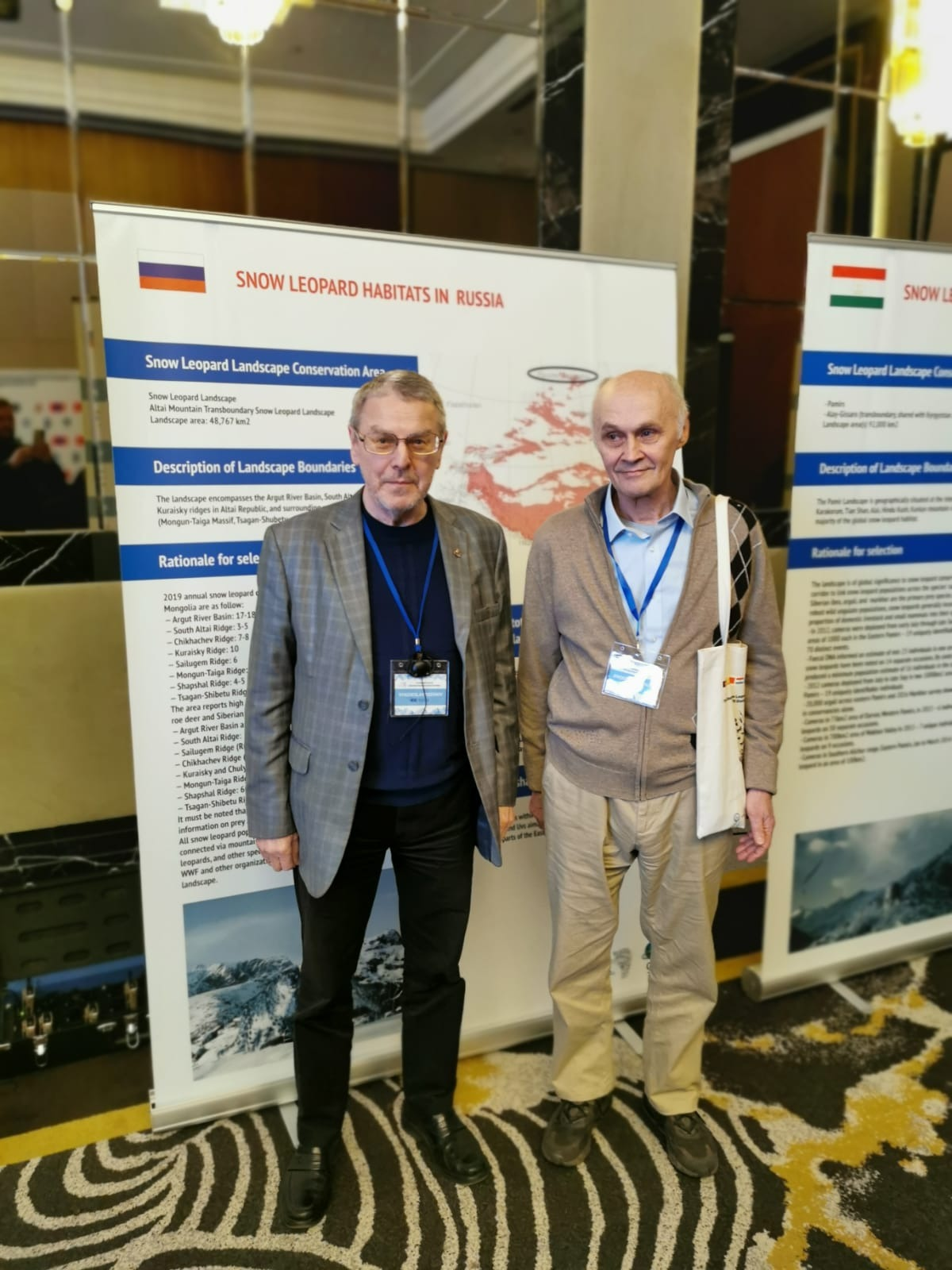
New data on genetic research and their importance for the protection of the snow leopard were also discussed. In this part of the work, specialists from the IEE RAS made a report “Snow leopard in Russia: research for its conservation”, prepared jointly with researcher M.P. Korablev, in which the main emphasis was placed on the genetic aspects of the problem. In particular, the erroneousness of the translocation of snow leopards from Tajikistan to the Russian part of the range (to the territory of the Sayano-Shushensky Reserve) was emphasized, since the snow leopards from Tajikistan and Russia belong to different subspecies, the genetic distance between which is large. There was a significant correlation between the results obtained by us in the study of microsatellite loci and whole genome sequencing, which is being carried out by an international consortium led by Stanford University, in which a team from IEE RAS also takes an active part.
The meeting passed in a friendly atmosphere. Friends and colleagues from different countries, as well as new participants of the program, were acquainted and reacquainted. A friendly dinner was held at the Supara Ethnocomplex, showing off traditional cooking techniques of the area, and a trip to the Ala Archa National Park was organized for the participants for the purpose of admiring the majestic mountain landscapes and the habitats of the snow leopard.
